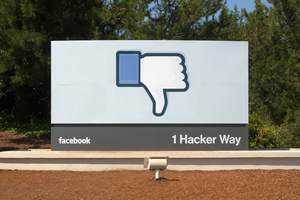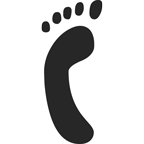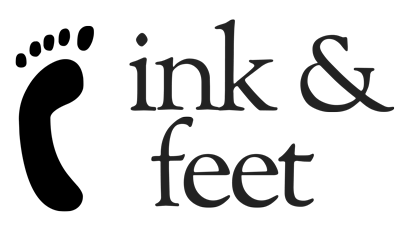
Why I turned down Facebook.
I flew out to Menlo Park, did a day of interviews, and got the grand tour of campus and the dream life. Then I turned down the job. Here's why.
It's a fantasy-land.
In between interviews, I walked with my recruiters between the buildings, on the central "quad". There were coffee shops, arcades, restaurants - all free. The quad itself was immaculately manicured, a nearly plastic perfection.
"It's almost like Disneyland," I quipped to the recruiter. "Oh," he replied, "we actually hired their designers as consultants."
That was the moment I knew, barring something spectacular in the afternoon interviews, I was turning them down.
They're not good people.
Spending time there, you get the move-fast and break-things sense that ethics are an idea broadly judged "too inefficient." The only real reason to follow (or make a show about following) ethical principles is because they're impacting the user retention graph on someone's laptop.
We've struggled with this very issue as a society for centuries. How does a free-market, data-driven economy behave in a way that values things that don't have a price, like fair treatment of workers, environmental sustainability, or equality? Facebook (and Silicon Valley as a whole) suffers from this same trouble. If it doesn't have a number, it isn't real. And how do you put a number on "treating people right?"
This isn't to say that there aren't loads of good, kind-hearted people working at Facebook. There are. But there's this big problem.
Your environment makes you.
All of us are products of our environment. We're biological machines, not separable from the conditions that surround us.
An average day for a Facebook employee goes something like this:
Wake up in really nice, downtown SF apartment. Drink locally-roasted high-end coffee. Walk out of your apartment, down a few blocks, and get on the Facebook bus.
On the hour-long bus ride to the Facebook campus, log on to your work-supplied laptop, check email, do a little coding, catch up on reddit. Arrive at work. Once at work, work on the projects that seem interesting to you, on the team you picked out because it seemed cool.
Take a break for free, hand-roasted coffee. Code a bit more. Ping some friends (your entire social circle works here) on Facebook messenger, and head down for some gourmet free lunch. Chill in the courtyard, soaking in NorCal sun. Head back to work.
Code up some prototypes in the afternoon, then decide to ship one out to 100,000 people to see if it works. Call it a day.
Get back on the free bus. A/C blasting and WiFi good, tidy up those last emails, then wander back to your apartment.
Pockets full of unspent cash, think about going out to a concert, or hitting up a top-flight bar. Ping your friends on Facebook messenger. Make a short night of it.
Rinse. Lather. Repeat.
You'll note that not one second of that likely looks anything like your day. It's the main reason that Facebook always seems a bit tone-deaf, a bit out-of-touch. The people who are building it have no daily interactions with the real world.
By joining Facebook, I'd consent to changing into a disconnected, zeroth-worlder with no problems and a tenuous grip on reality.
Sorry. I give too much of a shit for that. Because, one other thing.
Facebook isn't the future.
The future hasn't been written. Andrew Keen rightly raises the alarm in asking if the internet is really helping us. The answer, as with everything, is that it's complicated.
But the answer is also that we still don't know how it's going to turn out.
I write code because I believe passionately that technology can make us better, more mindful, more ethical, more sustainable human beings. I write code because I've studied the resource, population, and impact projections, and the only way I can see we make it is by having significantly better tech to decrease our impact.
I write code because it can enable disempowered voices. Because it can fight injustice, prejudice, and systematic inequity. I write code because it has a unique power to bring transparency to the companies, institutions, and governments that surround us. I write code because I give a fuck about the world.
Not the cultivated, myopic click click click ad-dollar eyeballs world Facebook is obsessed with. The actual one. The whole fucking thing.
That's why I turned down Facebook. Because they shouldn't be the only ones writing the future.

